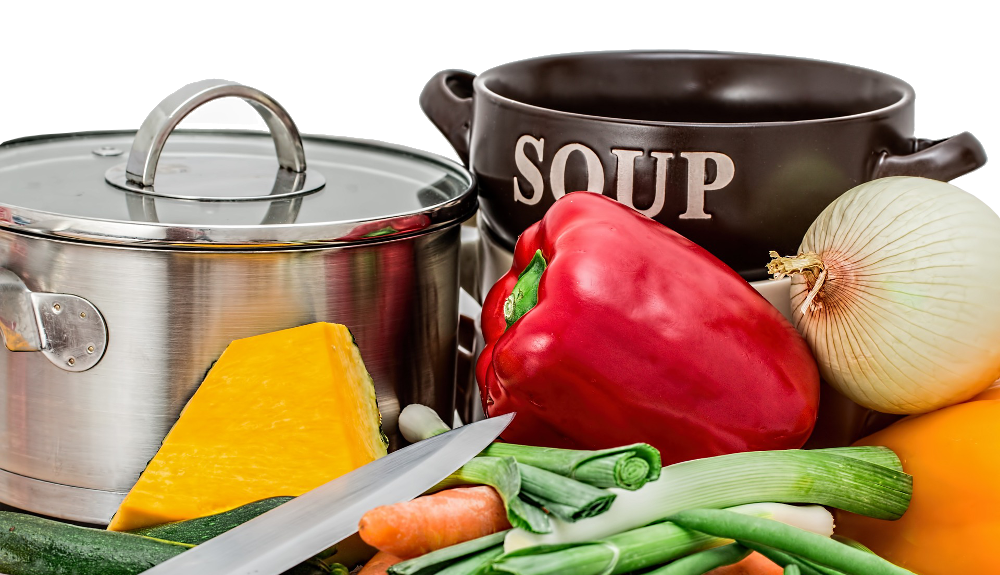All smokers have their own reasons for wanting to stop, but everyone experiences the same roadblocks. Fortunately, there are all-natural ways to curb those...
Grandparents: A Source of Knowledge for Folk and Natural Remedies
If you talk to a group of grandparents and elders in your community about the kind of home ‘remedies’ and medicines that they used when they were young, you may or may not be surprised. Many cultures have incorporated particular plants and food extracts to facilitate healing, address infections and to reduce symptoms overall. It’s very satisfying to know that their ‘remedies’ will not be forgotten as many nature-based doctors and holistic practitioners and herbalists continue to use these simple yet effective treatments. Below are a few examples of time-tested remedies that you can use… and you can confirm it with your grandparents.
Onion Poultice and Syrup
Onion is an incredible power-house for healing. Recent research has documented the anti-bacterial, anti-irradiation, anti-oxidant and hypoglycemic effects of onion. Historically, it was used to promote healing and recovery from respiratory illnesses and ailments, including pneumonia, chest and nasal congestion, coughs and even ear infections and ear pain. Lightly cooked chopped onion is mixed with flour and then sealed within a cloth (eg: muslin) which is then applied to the affected area, this is a ‘poultice’ preparation. Onion syrup can be very helpful against a sore throat or cough or as a simple preventative. Simply chop and mash an onion, place in a jar and add enough honey to cover the onion. Let it sit overnight, then stir it up and it’s ready for use. One to three teaspoons every 3-5 hours can really help calm a cough or sore throat and thin out and relieve congestion. There are many variations of the poultice and syrup… speak to the wise elders in your family for your own family’s recipe.
Super Soups
Many traditions around the world have used soup in various ways to promote healing and recovery. Chicken soup is a local example as being a remedy of choice for helping against cold symptoms and mild cases of the flu. Chinese folk medicine recommends congee (thin, watery, long-cooked rice soup) which is often infused with herbs to both administer food and therapeutic herbs such as astragalus and shiitake mushrooms, both useful for the immune system.

Olive
European elders are very familiar with the health benefits of the olive tree. For instance, olive leaves are beneficial for the immune and cardiovascular system. A recent study appearing in the journal Phytomedicine found that olive leaf extract was similarly effective at reducing stage one hypertension (high blood pressure) as a popular medication. Olive oil has a long history of being used as anointing oil in religious practices. From a health perspective, olive oil is an excellent protector and healer of the skin. It is a simple yet effective moisturizer and helps rid redness and skin irritations. It is a common folk remedy for wrinkles, eczema and other skin inflammations. Regular olive oil consumption is often thought to be a big part of why people from the Mediterranean have lower chances of developing cardiovascular illnesses.
There are thousands of beneficial plants and plant compounds that have made their way into traditional medicines and into treasured family recipes over generations. The next time you fall ill, or ideally before that happens, try speaking to your parents or grandparents to find out what they took to help them get better when they were younger.
Related Posts
Although ‘brain fog’ is a fairly vague term, most people have a sense of what it means. Typically it refers to your ability to think and remember. For...
Acid reflux, heartburn, and gastrointestinal reflux disease (GERD) are some of the most common health conditions. In fact, over one billion dollars per year is...
Although ‘brain fog’ is a fairly vague term, most people have a sense of what it means. Typically it refers to your ability to think and remember. For...
Acid reflux, heartburn, and gastrointestinal reflux disease (GERD) are some of the most common health conditions. In fact, over one billion dollars per year is...
Categories
- Allergy Relief
- Bell Lifestyle News
- Brain and Vision Health
- Depression
- Digestive Health
- Eating Healthy
- Energy Boosts
- Fitness
- Foods for Energy
- Heart and Lung Health
- Herbs
- Immune System Support
- Lifestyle
- Men's Health
- Mental
- Motivation
- Natural Remedies
- Nutrition
- Pain Relief
- Physical
- Recipes
- Relationships
- Sexual Health
- Skin and Hair Health
- Sleep Health
- Social
- Stress Relief
- Uncategorised
- Videos
- Weight Management
- Women's Health
- Your Wellness Now
Follow us on Twitter
#90 Bladder One for Women™ is a convenient one-a-day capsule for urinary tract health, featuring herbal extracts in… twitter.com/i/web/status/1…
May 2023Urinary tract infections - UTI: To treat or prevent? That is the question. Find out more about causes and treatme… twitter.com/i/web/status/1…
May 2023"How you feel is very important to how you look. Healthy equals beautiful." - Victoria Principal #womenshealth https://t.co/OPShoEbOXb
May 2023
© Copyright 2024. All rights reserved.




